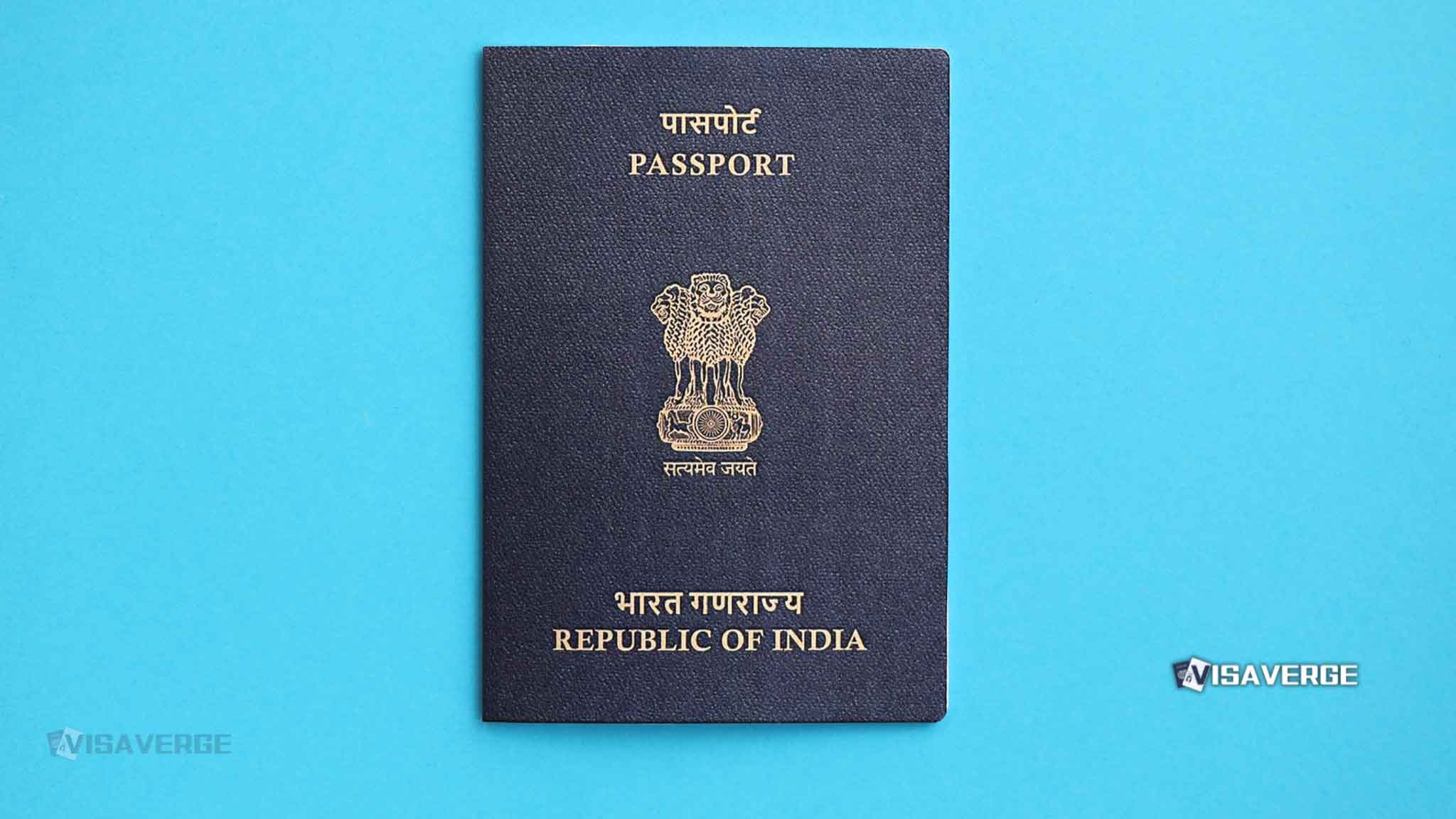First, list of detected resources in order of appearance:
1. Presidential Communication Center (CIMER)
2. Directorate General of Population and Citizenship Affairs: Nüfus ve Vatandaşlık İşleri
3. Turkish citizenship by investment program policy changes (minimum increased to $600,000 in 2024)
Now I will add only verified .gov links for the allowed resources (maximum 5) and only to the first mention of each resource in the article body. I will not change anything else.

(TÜRKIYE) Turkish police detained more than 100 suspects in a sweeping operation against an organized network accused of securing fake citizenship for foreigners through fraudulent property appraisals and staged real estate deals.
As of September 26, 113 suspects were in custody following coordinated raids across 19 provinces, led by the Istanbul Police Department’s Anti-Smuggling and Border Gates Branch. Authorities say the group arranged sham transactions that helped hundreds obtain Turkish citizenship despite not meeting legal investment and foreign currency rules.
Officials launched the probe after a complaint to the Presidential Communication Center (CIMER) flagged irregular grants of citizenship tied to inflated property valuations. Investigators allege the network:
- Falsified high-value appraisal reports
- Moved funds through circular transactions to simulate qualifying investments
- Required foreign applicants to sign promissory notes as leverage
In many cases, properties were reportedly returned to original owners after applicants completed the citizenship process.
Scope of the operation
Police say the enterprise was run by a ringleader identified by the initials M.A., supported by a web of managers, real estate experts, and associates. The operation spans multiple sectors, with five companies and numerous individuals now under investigation.
Authorities seized:
- 1,240 apartments
- 65 plots of land
- 47 cars
- Multiple bank accounts linked to the suspects
Arrest warrants were issued for 131 people, including the alleged ringleader and industry professionals who, according to police, prepared or endorsed fake documents.
The alleged fees and economic impact:
- Applicants were reportedly charged about $50,000 per person to enter the scheme.
- Officials estimate the schemes caused an $181.2 million shortfall in expected foreign currency inflows to Türkiye because the transactions did not bring in real foreign funds as required by law.
Authorities say the network’s reach was wide. In total, 451 foreigners and their family members gained 1,198 citizenships through the schemes now under review, according to police accounts. Investigators also allege that the group bypassed legal foreign exchange rules meant to ensure genuine capital enters the Turkish economy, using complex transfers to mimic qualifying payments while keeping control of the money.
Charges filed or under consideration include:
- Forming and joining a criminal organization
- Migrant smuggling
- Money laundering
- Fraud
- Forging official documents
The Anti-Smuggling and Border Gates Branch coordinated simultaneous searches across the country, with Istanbul at the center of the operation. Officials have not disclosed the nationalities of the applicants, but they said some were pressured into promissory notes to prevent reporting the scheme.
Legal fallout and risks for applicants
The Ministry of Interior has begun procedures to revoke the citizenship of foreigners who obtained Turkish citizenship through fraud.
Under Law No. 5901:
- Citizenship gained by misrepresentation, fake documents, or fraud can be unilaterally canceled by the Ministry and by Presidential Decree.
- Cancellation can occur even if the person did not know about the fraud when they applied.
- This standard focuses on documented facts rather than the applicant’s intent.
For families, revocation can affect:
- Residence status
- Passports
- Access to public services
- Long-term plans such as schooling and employment
Officials emphasized revocation processes will proceed case by case. Analysis by VisaVerge.com indicates past revocation actions relied on documentary trails such as:
- Appraisal reports
- Bank records
- Sales contracts
- Currency conversion slips
- Title deeds that do not match legal requirements
Recommended immediate steps for those who fear their files could be affected:
- Gather complete records now (appraisals, bank documents, contracts, title deeds).
- Seek counsel from qualified attorneys to understand options during administrative review.
- Respond promptly to official notices and attend any requested interviews.
- Avoid selling or transferring properties under investigation until receiving legal guidance.
If you are asked to alter records retroactively, avoid doing so — that can worsen legal exposure.
Policy context and enforcement changes
The case comes amid rising scrutiny of Türkiye’s investment-linked citizenship pathway. Notable policy points:
- The required minimum investment was increased to $600,000 in 2024 to tighten standards.
- Opposition parties have criticized the program for enabling abuse and failing to deliver promised economic benefits.
- The government maintains the route attracts capital and talent but now stresses that sham deals will face firm enforcement.
Authorities are reviewing industry practices and expect stricter controls:
- Tighter checks on real estate appraisers and brokers
- Banks required to verify that foreign currency actually enters Türkiye before conversion and purchase
- New audits of appraisal firms and closer monitoring of large same-day transfers
- Stricter review of high-risk property deals
Experts expect compliance costs to rise for developers and agents, but the market could benefit from cleaner practices and clearer pricing. That would help honest buyers—both foreign and local—who want real property rather than paperwork designed to create fake citizenship.
Red flags applicants should watch for
- Promises of guaranteed approval or “no-risk” shortcuts
- Requests to sign promissory notes or blank documents
- Offers to return the property after approval
- Appraisals that appear far above market prices
- Payment routes that avoid required foreign currency conversion
Applicants should:
- Obtain independent appraisals
- Use reputable notaries and banks
- Keep full records, including foreign currency purchase documents, title deeds, and appraisal certificates
- Consult official guidance at the Directorate General of Population and Citizenship Affairs: Nüfus ve Vatandaşlık İşleri
Practical implications and next steps
For families caught in investigations:
- Prepare for disruptions in school enrollments, travel plans, and residency renewals while files are reviewed.
- Lawyers advise timely responses to notices, attendance at interviews, and avoiding any reactive alterations to documents.
The Istanbul-led operation is among the largest recent actions focusing on abuse of Türkiye’s citizenship-by-investment rules. With fraudulent property appraisals at the center of the probe, the outcome may set a firm precedent for how Türkiye handles appraisal irregularities linked to citizenship applications.
If the courts confirm the charges, the case could reshape appraisal and transfer procedures nationwide: tighter compliance, increased audits, and more rigorous checks — all intended to break the business model that converts sham real estate deals into passports.
This case will likely continue to develop as police analyze seized documents and digital records. Authorities have signaled they intend to pursue enforcement and revocation where fraud is confirmed.
This Article in a Nutshell
Turkish authorities executed a nationwide operation led by Istanbul police targeting a criminal network that allegedly secured citizenship for foreigners through fraudulent property appraisals and sham real-estate transactions. As of September 26, 113 suspects are in custody and arrest warrants issued for 131 people, with authorities seizing 1,240 apartments, 65 land plots, 47 cars and multiple bank accounts. Police estimate the scheme produced 1,198 citizenships for 451 foreigners and caused an $181.2 million shortfall in expected foreign-currency inflows. The Interior Ministry has initiated procedures to revoke citizenships under Law No. 5901. Officials plan stricter audits of appraisers, more rigorous bank verifications of foreign-currency transfers, and tighter oversight of high-risk property deals. Affected applicants should gather documents, seek legal counsel, and avoid altering records.













